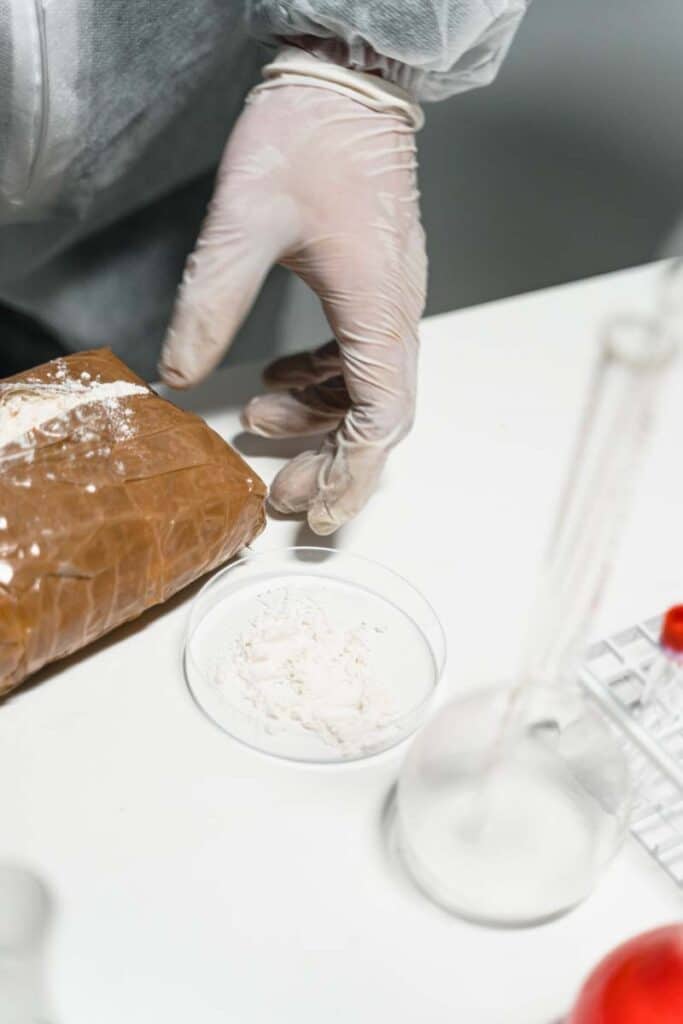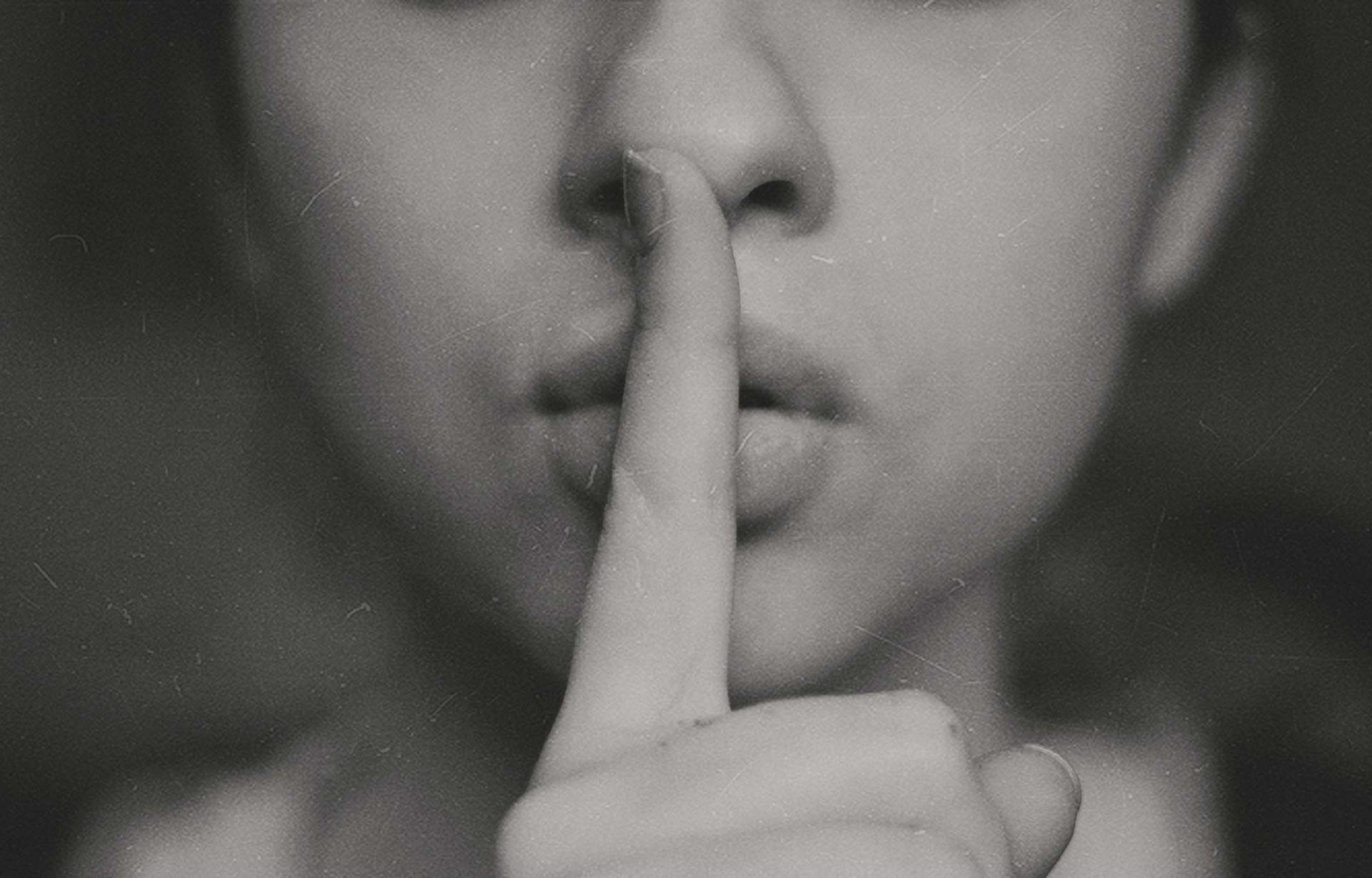Despite its classification as a hard drug, cocaine is frequently seen in a more positive light. Cocaine has a reputation for being less harmful than heroin or meth because of its association with wealthy individuals like stockbrokers and in raves. Nonetheless, this is not the case. Cocaine has a minor but constant presence in the United States, where it is abused by around 2 million people.
There’s some evidence to suggest that it’s becoming more popular, especially among teenagers and young adults. Ongoing usage might cause major issues because of possible health hazards, including epilepsy, heart disease, stroke, and mental disorders.
Cocaine, despite popular belief, is a deadly substance with serious side effects when misused. It’s time to seek treatment if you or someone you care about is caught in a cocaine-abuse cycle.
Your first thought might be that you can do this yourself, in secret. However, this is potentially dangerous, and it may not work if you don’t know exactly how addiction works and what cocaine can do to you. Therefore, it’s much better to seek expert help and look for specialized cocaine abuse treatments. Read on to find out more.
Signs Of Cocaine Abuse

Perhaps you’re not sure if you really have a problem with cocaine. Or maybe you’re worried that a family member or friend might have an issue – and perhaps that they are trying to beat their addiction in secret. What are the signs of cocaine abuse?
Cocaine is a stimulant that enhances alertness and induces feelings of pleasure in the brain owing to an increase in dopamine levels. It is snorted, smoked, or injected. Cocaine misuse can appear in a variety of ways, however, persons who use cocaine often exhibit the following symptoms:
- Unusual behavior
- Excessive excitability
- Paranoia
- Appetite loss
- Overconfidence
- Insomnia
- Dilated pupils
Why It’s Important To Quit Cocaine
Drug addiction can have a negative impact on many aspects of one’s life, including relationships and financial stability. Getting sober can lead to a higher quality of life, such as greater job prospects, more solid relationships with friends and family, and a lower-risk lifestyle. Living a healthy life while taking cocaine is very difficult due to its harmful health impacts.
While cocaine overdoses are not as common as heroin overdoses, it is crucial to recognize this danger and get help. In 2017, 14,000 people died as a result of a cocaine-related overdose.
Furthermore, the incidence of cocaine overdose is increasing, largely owing to the presence of fentanyl in the cocaine supply. Fentanyl, which was formerly isolated from heroin, is now emerging in all forms of cocaine, making usage more deadly than ever.
Quitting Cocaine
Although the best thing you can do when it comes to ridding yourself of your cocaine addiction is to seek outpatient help from a rehab clinic, this is not the final word. In fact, there are some things that you will need to do yourself in order to ensure your treatment works. Although you shouldn’t try to beat a cocaine addiction in secret, you can help yourself and put in some extra work to ensure you kick the habit once and for all.
To begin with, before you can seek professional help, you need to get in the right mindset. A big part of becoming clean is changing your thinking. You must want to be clean to succeed in treatment. A half-hearted therapeutic strategy will provide half-hearted outcomes. Going through the motions will almost certainly end in a recurrence sooner rather than later, so finding the correct incentive to become clean is critical.
If you’re not driven to become clean on your own, think about what drugs have taken away from you. Have you recently lost your job? Have you been passed over for a promotion? Have you caused strife in your love relationship? Do you have strained relationships with your family? Have you taken money out of your children’s college savings or your retirement funds? Because drug use impacts every aspect of your life, understanding how much your usage is costing you might help you discover the drive to quit.
Once you have reached this understanding and have a true desire to quit, you can find a great rehab clinic.
Going cold turkey may seem like a more convenient approach to kick the habit, but it’s not the most effective method. It is simpler to revert to old habits and behaviors when there is no scrutiny or support.
Professional therapy will give you a secure, stable atmosphere in which to modify your behaviors and clean up in a healthy manner. Physical rehabilitation may make a difficult process a bit easier by providing medical professionals to relieve the side effects of detox, counselors with knowledge of addiction treatment, and a supportive group atmosphere.
Furthermore, many professional treatment clinics work on a graduated scale. After inpatient therapy, for example, partial hospitalization and intensive outpatient programs may help with the transition back to regular life.

